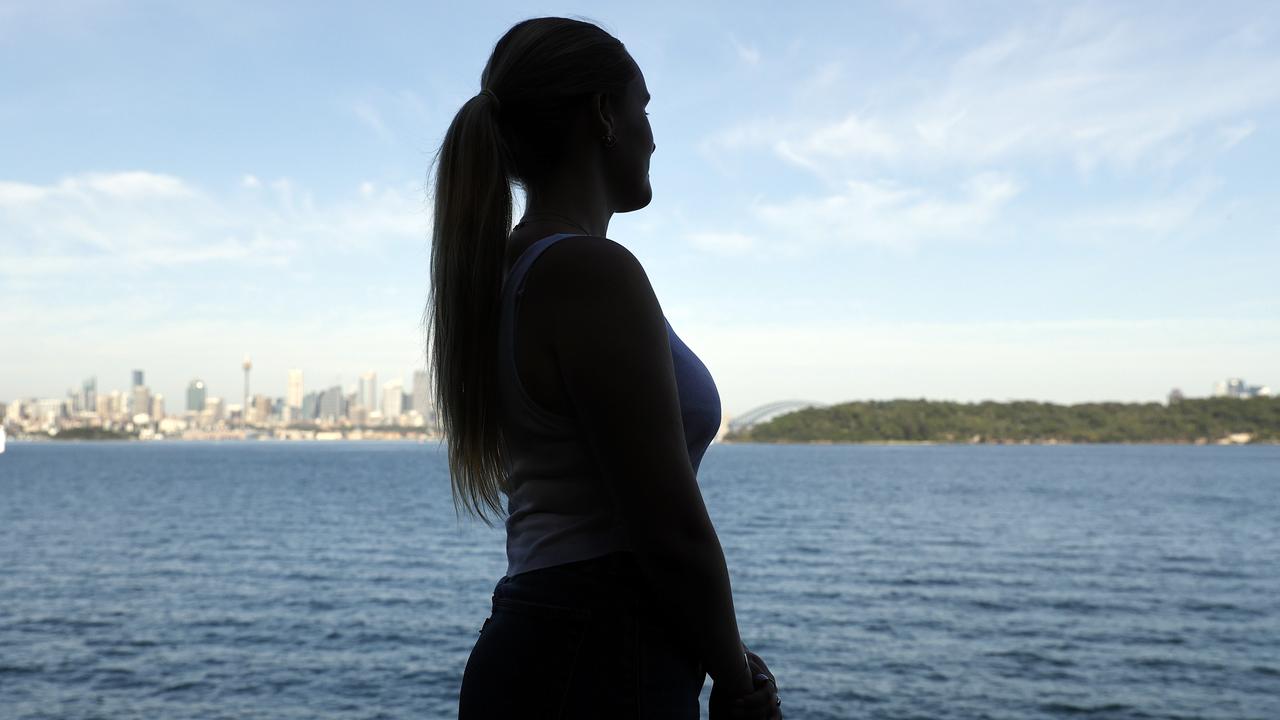A ‘shocking divide’ has emerged in Australia’s sexual assault response services, with wait times of up to 18 months and a 110 percent increase in cases over the past 25 years.
A new report from Full Stop Australia – a 24-hour support center for sexual assault survivors – says sexual assault victims across the country have been forgotten by successive governments, in many cases forced to drive for hours at a time to access essential psychological, forensic, and medical services.
The organization urges the next government to take immediate action after it emerged that sexual assault is the only major crime category that has increased over the past 25 years while others have declined. Still, the agency has not received a “real funding increase” to match the question.
Full Stop Australia chief executive officer Hayley Foster says the sector’s “gross” underfunding – which has not been assessed in more than 20 years – is responsible for a “shocking gap” in critical sexual assault services.
“We hear from survivors across the country that they are being turned down for sexual assault services and have to wait up to 12 months to access a service,” she says.
Camera IconFull Stop Australia chief executive Hayley Foster has called on the government to step up funding for sexual assault. Delivered Credit: Delivered
“Sexual violence is not a luxury. They are an essential service.”
Mia, 26 – who has asked to remain anonymous – says she contacted Full Stop Australia “desperately” for sexual assault after being raped last year.
“I tried to get into four sexual assault services. I had nowhere to go and was completely out in the cold,” she said.
“Eventually, I tried to check in to a mental health ward, but it was more than a month of waiting.
“It was just too hard, and I was desperate for support,”
Camera IconThe number of cases of sexual assault has increased by more than 110 percent in the past 25 years. Tim Hunter Credit: News Corp Australia
NEW SOUTH WALES
Data shows that one in three people who call sexual assault helplines in NSW fail to get through due to underfunding and staff shortages.
Last year alone, the state helpline received nearly 15,000 calls, of which more than 4,500 went unanswered.
In some parts of the state, survivors — who had been sexually assaulted in the past seven days — were on waiting lists of up to 12 months. Some hospitals even closed waiting lists for adult survivors with historical cases.
As a result, many cases were pushed off the list, leaving victims in a different kind of crisis.
Due to a lack of services in regional areas, victims in the town of Burke – located 800km northwest of Sydney – must travel four hours to Dubbo to receive a forensic examination.
Camera IconOne in three survivors of sexual assault in NSW go unanswered by support services. Credit provided: NCA NewsWire
QUEENSLAND
Queensland’s sexual assault services are overseen by the police, meaning victims should contact them for a forensic examination.
The state is home to only one Aboriginal and Torres Strait Islander service for women victims of sexual assault and employs only two counselors.
There are multiple “black spots” with no specialized sexual assault services in the state, including western Queensland, far north Queensland, and spots along the east coast.
Women living in Mount Isa who have been raped must drive 10 hours to Townsville for essential services and support.
In the Sunshine Coast and Moreton Bay areas, survivors could be put on 18-month waiting lists, despite the coastline experiencing an almost 120 percent increase in sexual assault in the past nine years.
According to the data, the number of Queensland residents who have experienced acute sexual assault has risen from 15 percent to 50 percent in the past ten years, meaning that most adult survivors are being pushed off the list.
VICTORIA
Like Queensland, the Victoria Police Department monitors the forensic information of victims of sexual assault, which in some cases may be impossible because the Victorian Institute of Forensic Medical Examination (FME) does not have a sufficient number of doctors and nurses available.
An example of this was in Melbourne, where currently only one forensic physician (FMO) – who provides the criminal justice system with medical tests on both the victim and the predator – is scheduled to work at night across the city.
So far this year, there have been 12 reports of the FMO being out of available hours, forcing survivors to brush their teeth or open their bowels in an effort not to compromise the evidence.
In some cases, victims from the region have had to travel hundreds of miles from home for an FME.
The State Sexual Assault Crisis Line reported that only 65 percent of calls are answered due to understaffing related to a lack of funding.







